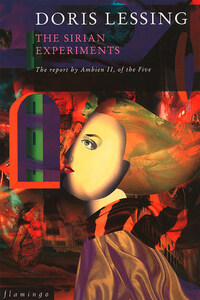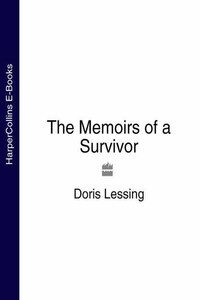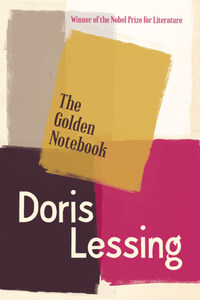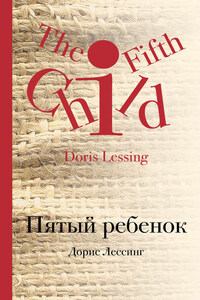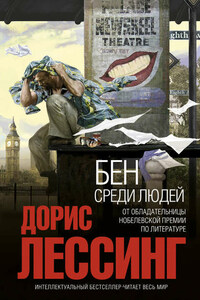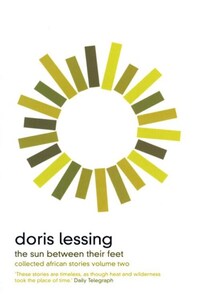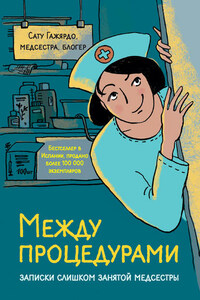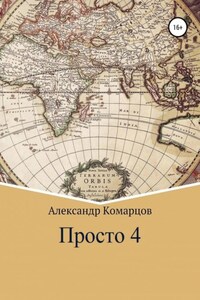The reception of Shikasta and, to a lesser extent, of The Marriages Between Zones Three, Four, and Five suggests that I should say something in the way of clarification ⦠if I have created a cosmology, then it is only for literary purposes! Once upon a time, when I was young, I believed things easily, both religious and political; now I believe less and less. But I wonder about more ⦠I think it is likely that our view of ourselves as a species on this planet now is inaccurate, and will strike those who come after us as inadequate as the world view of, letâs say, the inhabitants of New Guinea seems to us. That our current view of ourselves as a species is wrong. That we know very little about what is going on. That a great deal of what is going on is not told to ordinary citizens, but remains the property of small castes and juntas. I wonder and I speculate about all kinds of ideas that our education deems absurd â as of course do most of the inhabitants of this globe. If I were a physicist there would be no trouble at all! They can talk nonchalantly about black holes swallowing stars, black holes that we might learn to use as mechanisms for achieving time-and-space warps, sliding through them by way of mathematical legerdemain to find ourselves in realms where the laws of our universe do not apply. They nonchalantly suggest parallel universes, universes that lie intermeshed with ours but invisible to us, universes where time runs backwards, or that mirror ours.
I do not think it is surprising that the most frequently quoted words at this time, seen everywhere, seem to be J. B. S. Haldaneâs âNow, my suspicion is that the universe is not only queerer than we suppose, but queerer than we can suppose.â
The reason, as we all know, why readers yearn to âbelieveâ cosmologies and tidy systems of thought is that we live in dreadful and marvellous times where the certainties of yesterday dissolve as we live. But I donât want to be judged as adding to a confusion of embattled certainties.
Why is it that writers, who by definition operate by the use of their imaginations, are given so little credit for it? We âmake things upâ. This is our trade.
I remember, before I myself attempted this genre of space fiction, reading an agreeable tale about a species of highly intelligent giraffes who travelled by spaceship from their solar system to ours, to ask if our sun was behaving cruelly to us, as theirs had recently taken to doing to them. I remember saying to myself: Well, at least the writer of this tale is not likely to get industrious letters asking what it is like to be a giraffe in a spaceship.
It has been said that everything man is capable of imagining has its counterpart somewhere else, in a different level of reality. All our literatures, the sacred books, myths, legends â the records of the human race â tell of great struggles between good and evil. This struggle is reflected down to the level of the detective story, the Western, the romantic novel. It would be hard to find a tale or a song or a play that does not reflect this battle.
But, what battle? Where? When? Between what Forces?
No, no, I do not âbelieveâ that there is a planet called Shammat full of low-grade space pirates, and that it sucks substance from this poor planet of ours; nor that we are the scene of conflicts between those great empires Canopus and Sirius.
But could it not be an indication of something or other that Canopus and Sirius have played such a part in ancient cosmologies?
What do our ideas of âgoodâ and âbadâ reflect?
I would not be at all surprised to find out that this earth had been used for the purposes of experiment by more advanced creatures ⦠that the dimensions of buildings affect us in ways we donât guess and that there might have been a science in the past which we have forgotten ⦠that we may be enslaved in ways we know nothing about, befriended in ways we know nothing about ⦠that our personal feelings about our situation in time, seldom in accordance with fact, so that we are always taken by surprise by âageingâ, may be an indication of a different lifespan, in the past â but that this past, in biological terms, is quite recent, and so we have not come to terms with it psychologically ⦠that artefacts of all kinds might have had (perhaps do have) functions we do not suspect ⦠that the human race has a future planned for it more glorious than we can now imagine ⦠that â¦
